New Delhi’s reaction to the killing of Maj. Gen. Qassem Soleimani, who led the Quds Force of the Islamic Revolutionary Guards Corps, came in a carefully worded statement. The press release reflected India’s concern about escalation in a region that is crucial for India, as well as Delhi’s need to balance its U.S. and Iran relationships. The statement identified Soleimani as a “senior Iranian leader,” but used the term “killing” rather than “assassination.” It expressed global — rather than just Indian — alarm. It noted an “increase in tension,” but without identifying an instigator. And it advocated restraint, but, unlike China, did not especially mention the United States in this context.
India will have serious concerns about further escalation. It has vital interests in the Middle East. In the Gulf region alone, India has 8.5 million citizens. This region is a significant source of Indian oil and gas imports (and India imports the majority of the oil it consumes). It is also a growing source of investment for India. In addition, Delhi has hoped that this region will serve as a transit route to Afghanistan and Central Asia, including through the Iranian port of Chabahar that it is helping develop — and for which it has received a U.S. sanctions exemption. Moreover, parties in this region not only affect developments with regard to Afghanistan and Pakistan, but also India’s counterterrorism concerns.
Any U.S.-Iran escalation will complicate these Indian interests. Delhi will be anxious about potential spillover, not just in the broader Middle East, but also elsewhere (depending on the nature of any Iranian retaliation). Its major concerns will be the safety of its citizens, as well as the potential economic impact of any escalation — particularly at a time when the Indian economy is under stress. Delhi will also worry about the fallout for the situation in Afghanistan (and closely watch the implications of the U.S.-Iran situation for the planned drawdown of U.S. forces from there) and, relatedly, Pakistan, whose utility for the U.S. has often increased when there is a crisis in the broader region.
India’s equities with Iran and the U.S.
India will also be concerned about the implications of any escalation for the important equities it has with both Iran and the United States. Delhi has been making efforts to protect those interests, while hoping for an easing of tensions between the two countries over time. Its recent outreach in this regard has included the Indian external affairs minister’s visit to Washington, followed closely by his trip to Iran and then Oman (where he also held a trilateral lunch with his Omani and Iranian counterparts).
To protect these equities, Delhi has walked a tightrope in balancing its relationships with Washington and Tehran (as well as countries like Saudi Arabia and Israel). And it knows that any further deterioration of the situation could put India under pressure to make choices it does not want to make.
One choice it has made is to be circumspect about criticizing Washington. This is because, while it values its relationship with Iran, on balance, its partnership with the U.S. is far closer across the board — this is also true of its relationships with countries like Israel, Saudi Arabia, and the United Arab Emirates.
India’s relationship with the U.S. is not without problems, but Washington remains a critical partner for Delhi. Moreover, unlike Iran, the Trump administration has not criticized India over the last year after its strike across the Line of Control with Pakistan, its changing of the constitutional status of Jammu and Kashmir, or its amendment of the Indian citizenship act. Washington was even helpful to India in the first two cases, particularly at the United Nations Security Council. This will likely create certain expectations in the Trump administration about the Indian reaction to the developing situation in the Middle East, and is something Delhi will bear in mind.
In addition, India will have little desire to go to bat for Iran and not just because of its recent criticism of India. In recent years, Delhi has found Iran to be less cooperative on Afghanistan than in the past. And Tehran has also created problems with regard to the Chabahar project. Moreover, while India has tended to worry more about terrorist attacks against its citizens from Sunni groups, it has seen the actions of Iran-backed groups spillover and affect Indian citizens and interests too (in 2012, an Israeli diplomatic vehicle in Delhi was attacked steps away from the prime minister’s residence — Indian law enforcement authorities reportedly held the Islamic Revolutionary Guard Corps responsible).
Overall, India will view the U.S.-Iran developments with deep concern and hope that the situation does not escalate. Beyond its short-term anxiety about the region and its Iran and U.S. relationships, Delhi will have a medium-to-long-term concern about further deterioration — namely, that it will result in continued, if not greater, U.S. involvement in the Middle East at the expense of the Indo-Pacific. Delhi wants Washington focused on the China challenge, and, it has hoped for years that the U.S. would indeed undertake a rebalance. Any escalation between the U.S. and Iran would put paid to any such shift; moreover, as India saw with the Afghanistan and Iraq wars, it could increase China’s space.
The Brookings Institution is committed to quality, independence, and impact.
We are supported by a diverse array of funders. In line with our values and policies, each Brookings publication represents the sole views of its author(s).

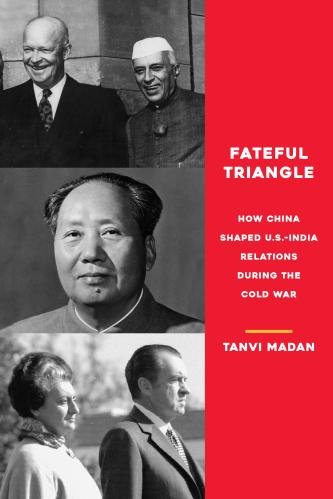

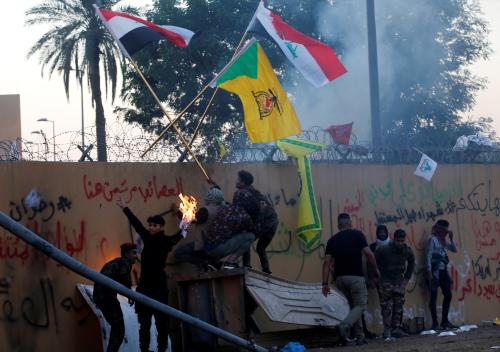
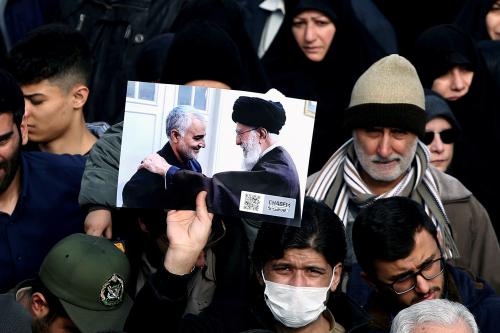
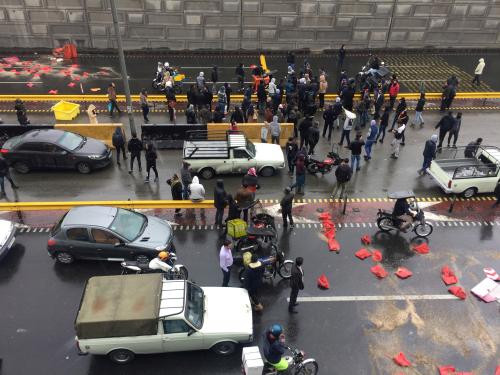



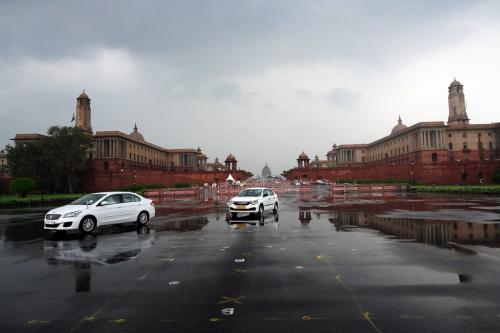
Commentary
India’s reaction to the killing of Iranian commander Qassem Soleimani
January 3, 2020